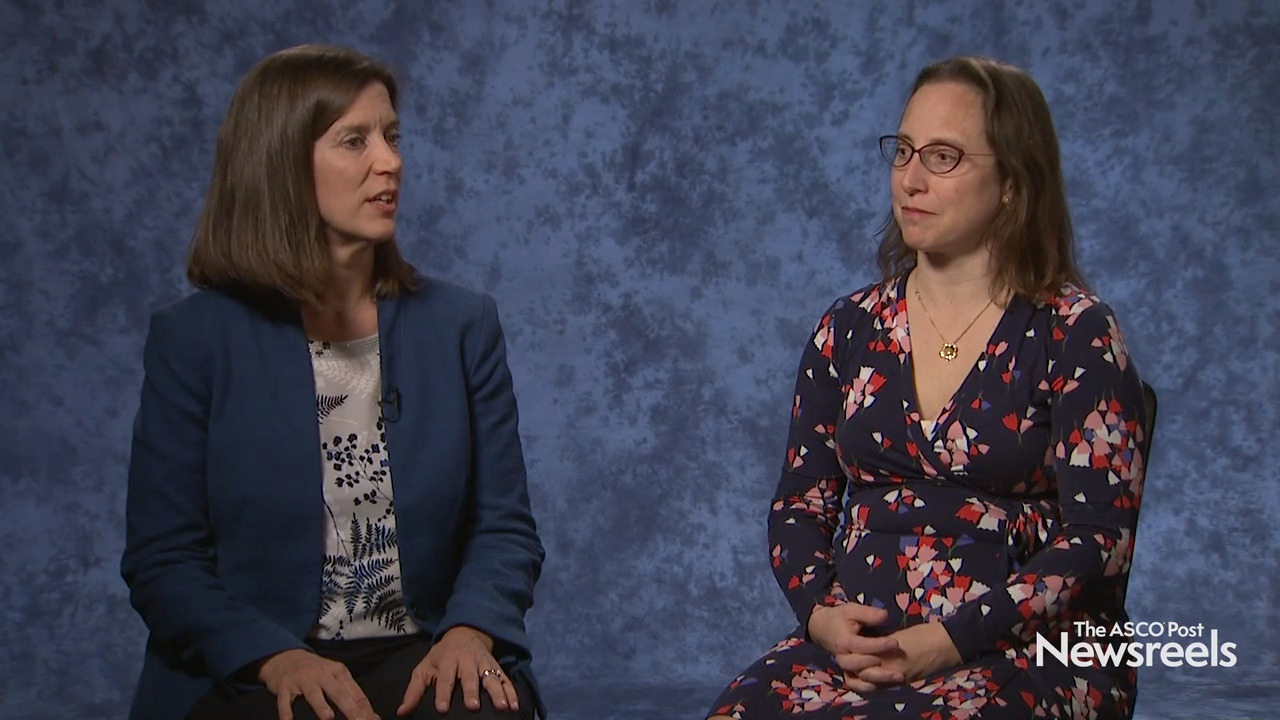Nosayaba Osazuwa-Peters, MPH, PhD, on Suicide Among Male Patients With Cancer: Study Findings
2018 Palliative and Supportive Care in Oncology Symposium
Nosayaba Osazuwa-Peters, MPH, PhD, of St. Louis University, discusses study findings on married cancer survivors with advanced stage disease who were less likely to die by suicide, highlighting the value of supportive care in cancer survivorship (Abstract 181).
Charles von Gunten, MD, PhD, of OhioHealth, discusses the critical need for opioids to manage cancer pain as well as the myth of addiction, which may impede best care.
Mary K. Buss, MD, MPH, of Beth Israel Deaconess Medical Center, and Candice A. Johnstone, MD, MPH, of the Medical College of Wisconsin, discuss a session they co-chaired on the perspective of stakeholders on the cost of cancer care, what drives patients’ preferences when faced with mounting medical bills, and interventions to improve transparency.
Leslie J. Blackhall, MD, of the University of Virginia, discusses abuse of opioids, prescribing responsibly, and reducing cancer pain while also decreasing the risk of misusing these agents.
Mary E. Johnson, author of Stay With Me Awhile, discusses her play, a compilation of vigil stories from across cultures and religions, and the profound impact the performances have had on audience members.
Suleika Jaouad, an Emmy Award–winning writer, advocate, and cancer survivor who was diagnosed at age 22 with myelodysplastic syndrome and acute myeloid leukemia, discusses what she has learned about coping with cancer, learning from it, and growing beyond it.





